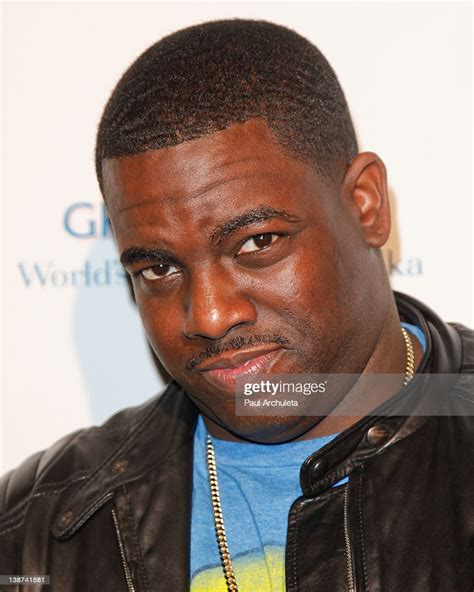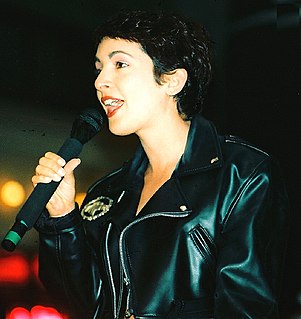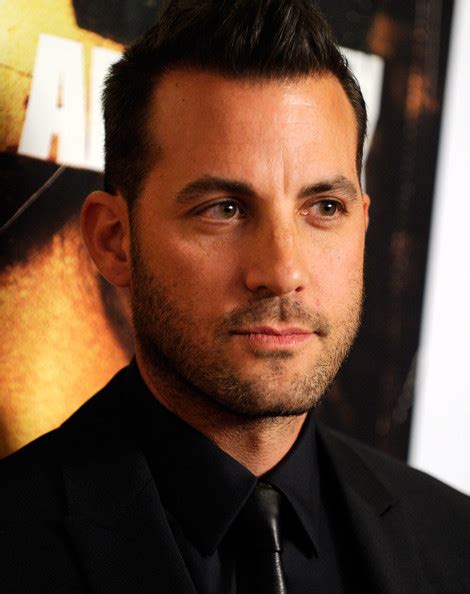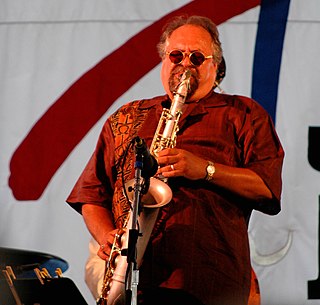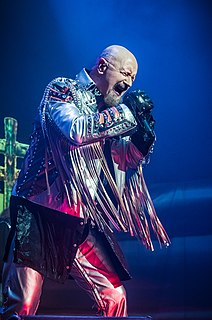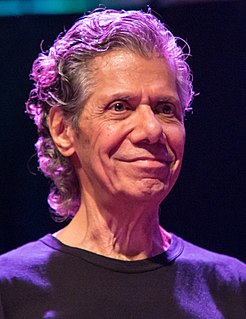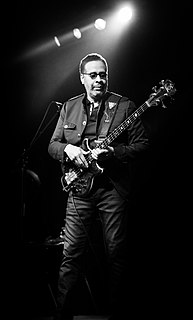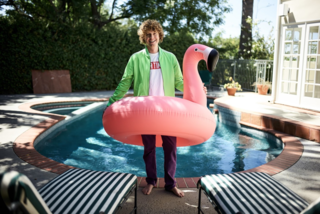A Quote by Lydia Lunch
To be in a band, at least according to the rules of rock in the 1970s, one must know how to play an instrument. But rather than waste time solving that problem, No Wavers ignored it. The point was simply to make music, not to learn how first.
Related Quotes
I believe that our society's "mistake-phobia" is crippling, a problem that begins in most elementary schools, where we learn to learn what we are taught rather than to form our own goals and to figure out how to achieve them. We are fed with facts and tested and those who make the fewest mistakes are considered to be the smart ones, so we learn that it is embarrassing to not know and to make mistakes. Our education system spends virtually no time on how to learn from mistakes, yet this is critical to real learning.
The whole punk scene is, of course, responsible for the Go-Go's ever getting created. Because before punk rock happened, you couldn't start a band if you didn't know how to play an instrument. But when punk happened it was like, 'Oh, it doesn't matter if you can play or not. Go ahead, make a band.' And that's exactly what the Go-Go's did.
I'm trying to be expressive on my instrument and conduct as I'm improvising. So I'm conducting with the melodies and the rhythms that I play. And so it's a very organic way. It's a lot like Charles Mingus played, cuing people in from what you play and how you play it rather than standing in front of a band, conducting and pointing.
My dad was all about music. He was a musician, leading a band when I was born. His band was active all through the 40s. He'd started it in the late 20s and 30s. According to the scrapbook, his band was doing quite well around the Boston area. During the Depression they were on radio. It was a jazz-oriented band. He was a trumpet player, and he wrote and arranged for the band. He taught me how to play the piano and read music, and taught me what he knew of standard tunes and so forth. It was a fantastic way to come up in music.
I actually think that bass is probably the instrument that has evolved in a quantum leap compared to other instruments. It's the instrument that's evolved the most, especially with how it's perceived. And even how it's played, and how it's viewed from a point of view of commerce, like with the music industry.
Anything that we know how we do, machines will do better. Now, the key element of this phrase is, "We know how we do it." Because we do many things without knowing exactly how we do them. So this is the area where machines are vulnerable, because it still has to learn from some kind of experience. It needs something - at least the rules of the game. You have to bring in something that will help the machine to start learning. It's like square one. If there's nothing there, if you can't explain it, that's a problem.
The positive thing about collaborating is that I cannot get distracted by coding work, because I cannot waste the other collaborator's time in the same way as I can my own. And it's always good to learn how the other person works, learn about techniques, learn social things like: how do you communicate with another person? The music I make with other people I'm much more confident about, I'm a little bit less judgemental of the outcome than with my own stuff because I know it's not only me, it's a more outside of me. Sometimes I even like them better than my own tracks.
When I'm representing my music live I think of it very much in a rock band sense. When I first started doing festivals in the 90s there really weren't other DJs playing the stages I was playing. So I felt I was being afforded an opportunity to kind of make a statement about what DJ music can be live. In the 90s, if you were a DJ you were in the dance tent, and you were playing house music and techno music. There was no such thing as a DJ - a solo DJ - on a stage, after a rock band and before another rock band: that just didn't happen.

